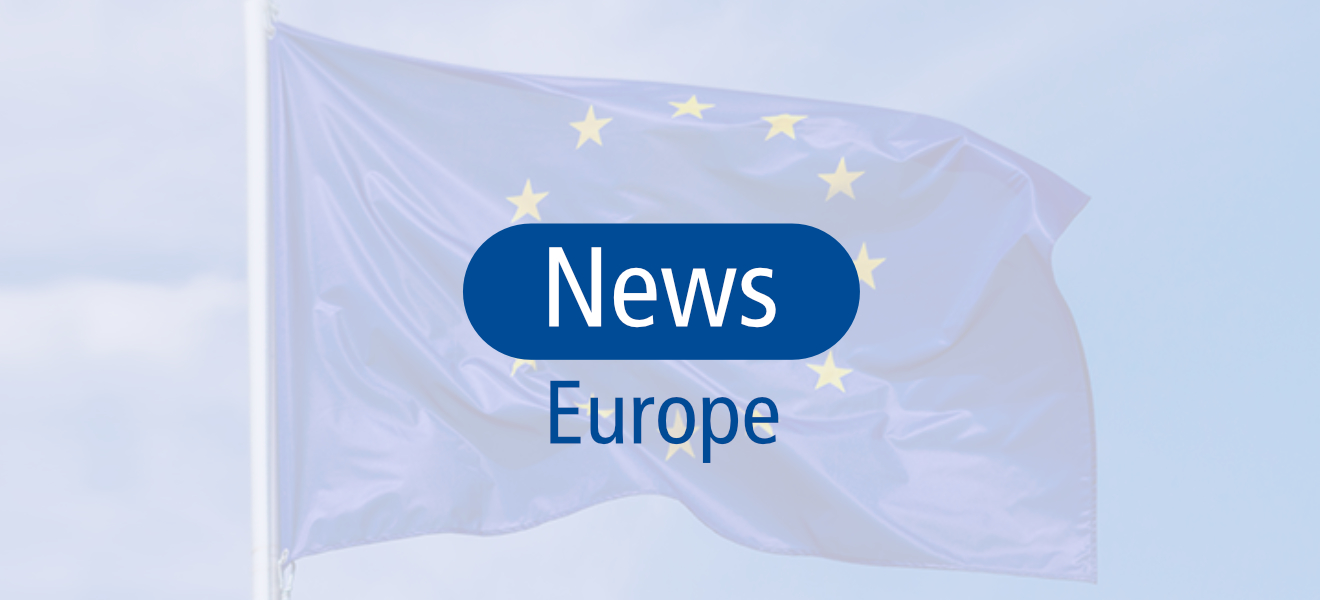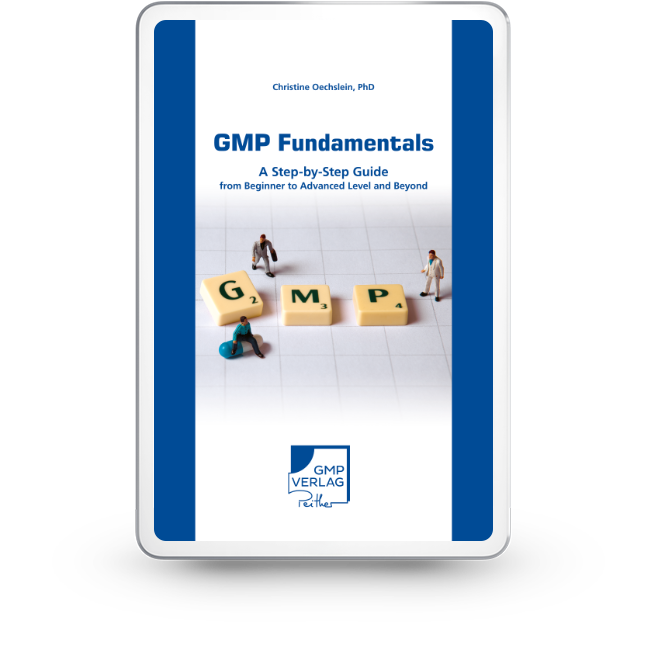
Highly Innovative Medicines: Advanced Therapy Medicinal Products (ATMPs) – Part 2
7 min. reading time | by Birte Scharf, PhD
Published in LOGFILE 9/2024
Regulatory framework for ATMPs in the European Union
To address the specific requirements for manufacturing ATMPs, separate GMP regulations were published as Part IV of the EU GMP Guidelines in late 2017.
The “Guidelines on Good Manufacturing Practice (GMP) specific to Advanced Therapy Medicinal Products” allow alternative procedures using a risk-based approach if product quality, safety, efficacy, and traceability can be ensured. In addition, new requirements are being formulated due to the unique characteristics of ATMPs. This requires special starting materials, such as cell banks and special manufacturing forms, notably those using automation, as well as the necessary reconstitution after release.
EU GMP Guide, Part IV GMP for ATMPs
Part IV of the EU GMP Guidelines provides detailed guidance on the specific challenges and considerations related to the manufacture of ATMPs. The key points covered in Part IV are explained in more detail below:
- Risk management:
ATMP manufacturing processes are subject to inherent risks due to the complexity of biological materials and innovative technologies. Part IV emphasises the importance of implementing robust risk management strategies to identify, assess and mitigate potential risks to product quality, safety and efficacy. - Quality control:
Part IV underscores the importance of stringent quality control measures throughout the manufacturing process. This includes establishing in-process controls, conducting comprehensive analytical testing and product characterisation to ensure consistency and compliance with pre-defined specifications. Robust risk management is even more important when short shelf life ATMPs are applied before final quality control is completed (e.g., before sterility testing is finalised). - Personnel training and qualification:
Given the specialised nature of ATMP manufacturing, Part IV highlights the need for in-depth training and qualification programs for personnel involved in the various manufacturing operations. This includes training in cell culture techniques, genetic modification procedures and product formulation processes to ensure regulatory compliance. - Facility design and control:
Part IV provides guidance on the principles of facility design, emphasising the importance of cleanroom environments equipment design and maintenance, and contamination control measures. These measures aim to minimise the risk of product contamination and ensure product integrity throughout the manufacturing process. This is also of particular importance for products with a short shelf life. - Documentation and record-keeping:
Comprehensive documentation and record-keeping are essential in the manufacture of ATMPs to demonstrate compliance with regulatory requirements, to trace the source of starting materials and to facilitate product tracking and post-marketing surveillance. The retention period of 30 years is relatively long, as these are novel medicinal products for which there is not yet sufficient information available.
PIC/S GMP Guide, Appendix 2A for ATMPs
In addition to the EU GMP Guidelines, Annex 2A "Manufacture of advanced therapy medicinal products for human use" of the PIC/S GMP Guide PE-009 provides additional guidelines for the manufacture of ATMPs.
Annex 2A was revised and came into force on 1 May 2021. According to the PIC/S (Pharmaceutical Inspection Co-operation Scheme), it is not to be seen as a stand-alone document but is intended to enable appropriate harmonisation with the stand-alone ATMP guidelines published by the European Commission.
Annex 2A is more focused on specific and application-related considerations relevant to ATMP manufacturing than Part IV of the EU GMP Guide. These include, for example, risk-based approaches, quality management systems, system design, process validation and other relevant aspects based on defined process steps.
Challenges in ATMP production
On one hand, ATMPs show enormous potential for curing a broad spectrum of diseases; on the other hand, the production of ATMPs poses significant challenges that hinder widespread adoption.
Some of the key challenges are:
- Complex manufacturing processes:
ATMPs often require complex manual manufacturing processes that involve multiple steps, including cell culture, genetic modification and tissue engineering. These processes require time, specially trained personnel, high-level equipment and stringent quality control measures, resulting in low production volumes and high costs. - Scalability:
Scaling the production of ATMPs to meet clinical demand remains a major challenge. This is due to two difficulties. The manufacturing processes of ATMPs are - as described - individual and complex, each of these steps must be scaled up and incubation times and conditions, limited transfer times and process times must be considered. The path from the clinic to series production is, therefore, a challenge for scalability. In addition, and unlike conventional drugs, ATMPs are often customised for each patient, which makes large-scale production difficult and costly. - Cost of Goods:
The cost of manufacturing ATMPs is significantly higher compared to traditional pharmaceuticals. This is due to the complexity of the manufacturing processes, the need for specialised facilities and equipment and the requirement for extensive quality control measures. As a result, ATMPs are often highly expensive which restricts access for patients and healthcare systems. - Regulatory hurdles:
Regulatory requirements for ATMP manufacturing are stringent and complex, adding to the challenges faced by manufacturers. Compliance with Good Manufacturing Practice (GMP) guidelines, regulatory submissions and product approvals can be time and resource consuming, adding further to the overall cost and complexity of manufacturing ATMPs. - Supply chain issues:
The supply chain for ATMP manufacturing is complicated and vulnerable to disruptions. Sourcing high-quality raw materials, maintaining cell viability during transportation and ensuring consistent manufacturing processes pose ongoing challenges for manufacturers, impacting product quality and availability.
Summary
ATMPs offer innovative approaches to treat diseases by targeting their underlying genetic, cellular or tissue-based abnormalities. ATMPs have a targeted effect and can be described as personalised precision medicine. However, this is also where the problem lies: although ATMPs show enormous potential to cure diseases, there are still major challenges to their widespread roll-out. But research and development in the field of ATMPs is progressing rapidly and their potential justifies continued investment in research, innovation and automation. Innovations in automation, process optimisation and supply chain management promise to overcome some of the current barriers and will make ATMPs more accessible and affordable in the future.
Sources:
https://www.ema.europa.eu/en/human-regulatory-overview/advanced-therapy-medicinal-products-overview
https://www.pei.de/DE/arzneimittel/atmp/atmp-node.html
https://link.springer.com/chapter/10.1007/978-3-662-67908-1_9
https://link.springer.com/article/10.1007/s15035-009-0157-9
Do you have any questions or suggestions? Please contact us at: redaktion@gmp-verlag.de








